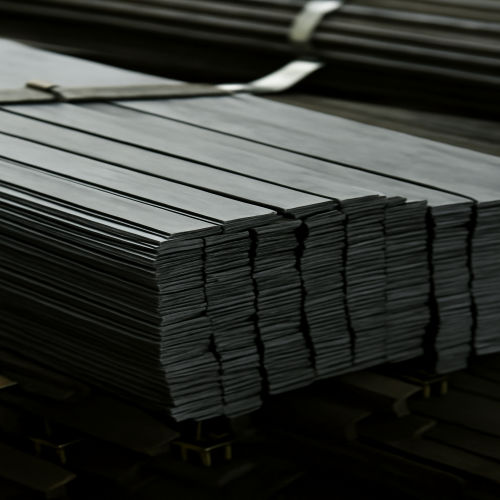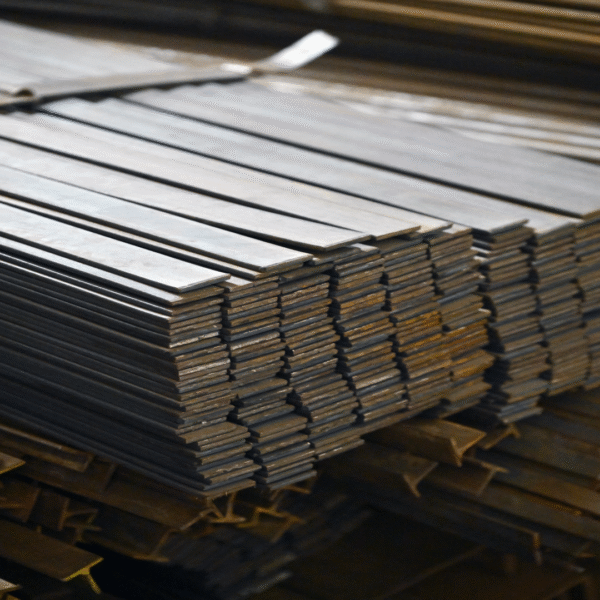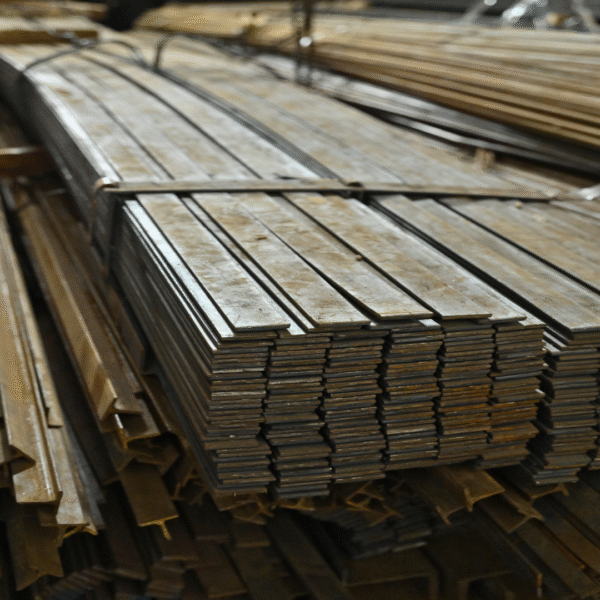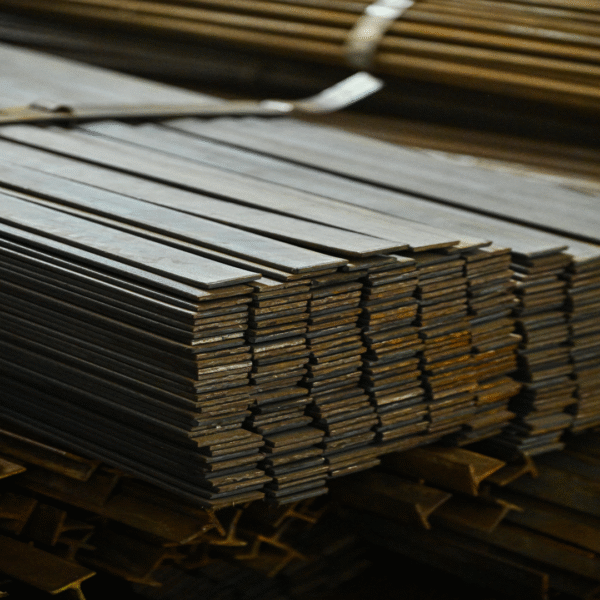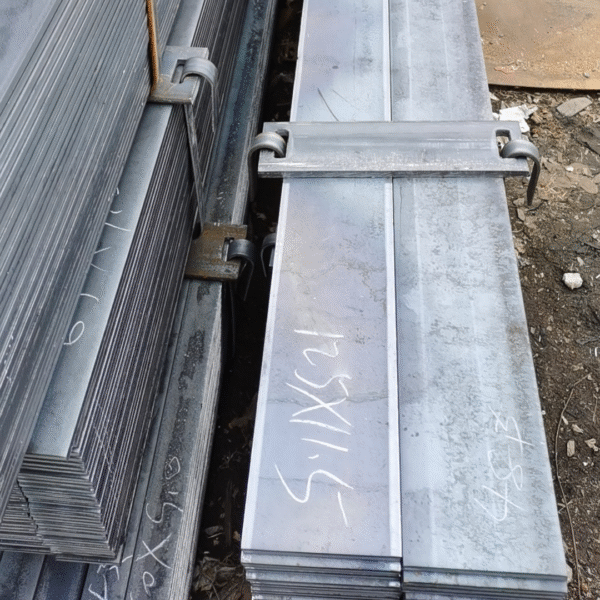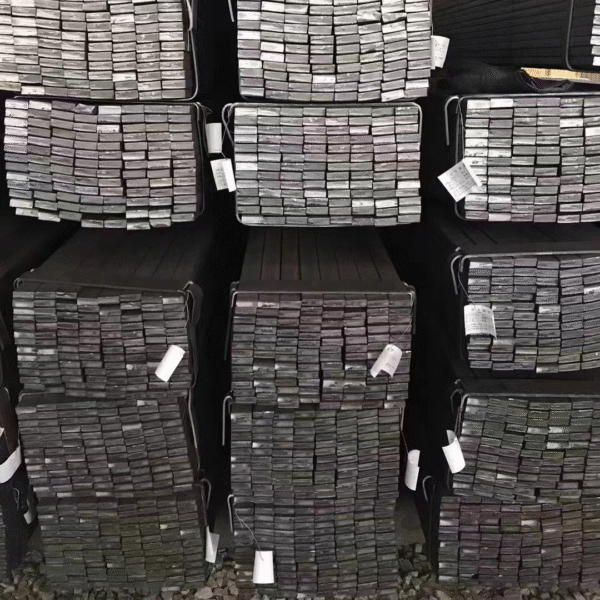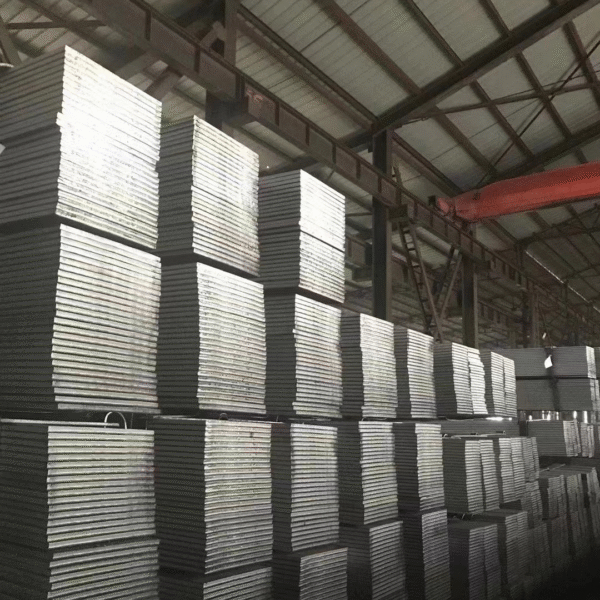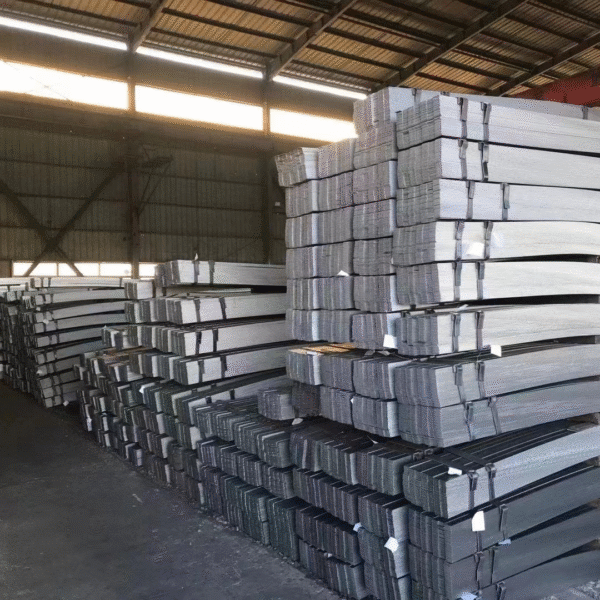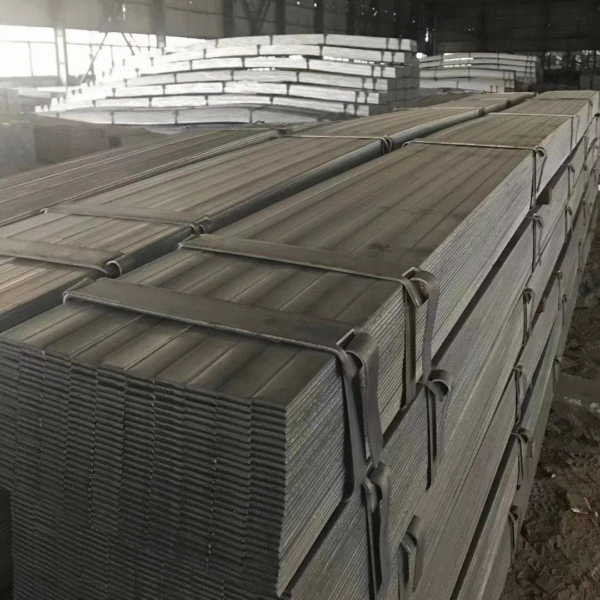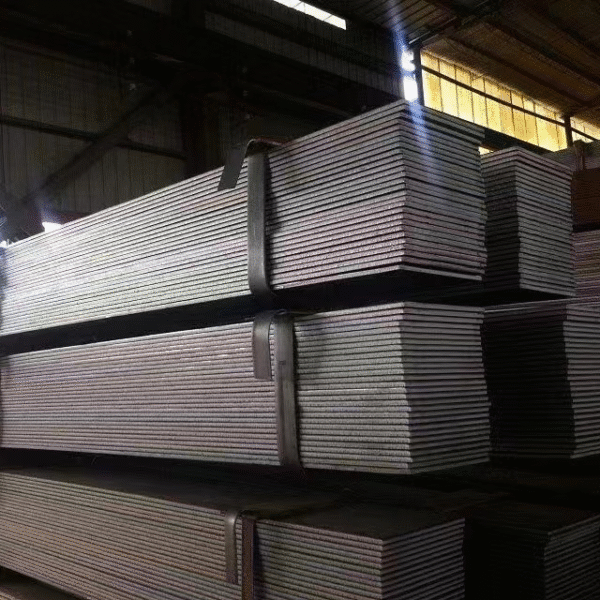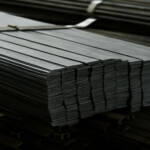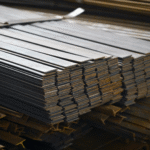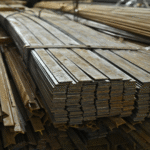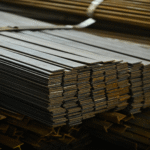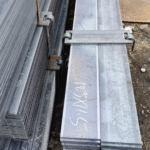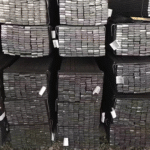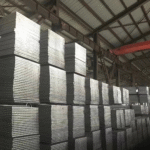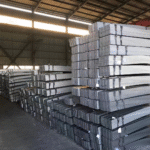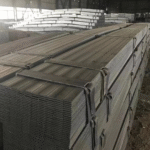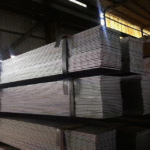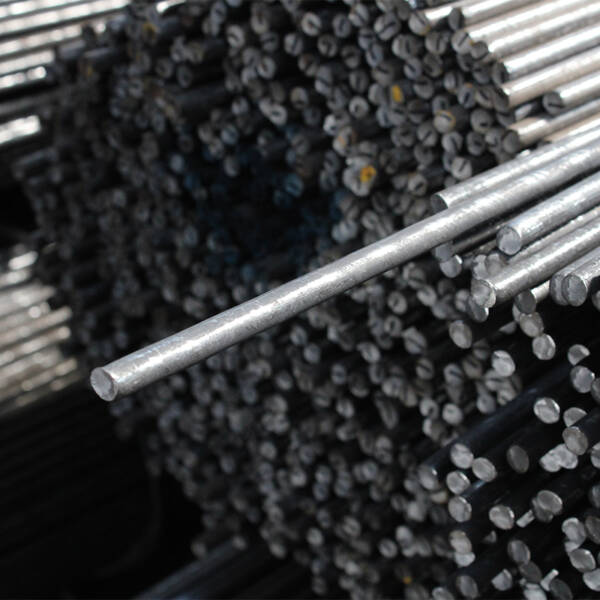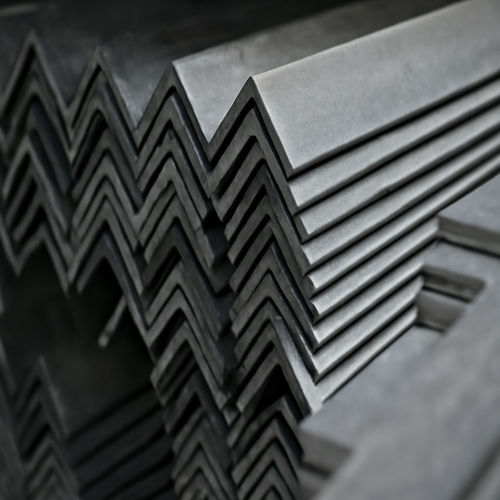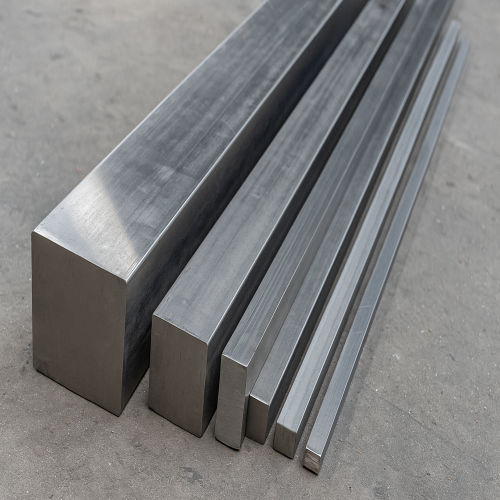Description
Plain Flat Bar
Base Material
-
Substrate: Carbon Steel, Alloy Steel (depending on application)
-
Shape: Rectangular cross-section
Properties:
-
Strength: Plain flat bars are known for their durability and strength, providing solid support in construction and automotive applications.
-
Surface Finish: Typically has a smooth, mill-finish surface, but can be polished or coated for specific uses.
-
Versatility: Can be used in a wide range of structural and industrial applications due to its simple rectangular shape, making it easy to weld, cut, or machine.
Manufacturing Process
-
Heating: Steel billets are heated in a furnace to make them malleable for rolling.
-
Rolling: The heated billets are passed through rollers to form flat bars of various thicknesses and widths.
-
Cutting: The bars are then cut to the required length depending on customer specifications.
-
Finishing: The bars may undergo additional processes, such as coating or grinding, for specific applications (e.g., corrosion resistance or surface finish).
Common Grades of Plain Flat Bar
| Material | Features | Typical Use |
|---|---|---|
| Carbon Steel | Cost-effective, easy to weld and fabricate | Construction, structural frames, automotive components |
| Alloy Steel | High tensile strength and wear resistance | Heavy-duty industrial applications, machinery parts |
Typical Specifications
-
Thickness: Typically ranges from 3 mm to 50 mm (custom sizes available on demand).
-
Width: Varies, typically from 20 mm to 200 mm, based on specific application needs.
-
Length: Standard lengths range from 3 meters to 6 meters, but custom lengths can be provided.
-
Surface Finish: Standard mill finish, but options for polished or coated surfaces are available.
Advantages
-
High Strength: Provides excellent load-bearing capacity, ideal for structural applications in buildings and industries.
-
Versatility: Can be used for a wide variety of applications, including construction, automotive, and machinery manufacturing.
-
Ease of Fabrication: Flat bars are easy to weld, cut, and machine, providing flexibility in custom applications.
-
Cost-Effective: Flat bars are generally affordable, making them a popular choice for structural and industrial purposes.
Applications
-
Construction: Used as beams, braces, frames, and supports in buildings and infrastructure projects.
-
Automotive: Used in the manufacture of various automotive components, such as chassis parts and structural elements.
-
Industrial Manufacturing: Used in the production of machinery, equipment, and structural components.
-
Furniture: Can be used in furniture manufacturing, including shelving units and supports.
-
Structural Engineering: Often used as reinforcements or in the fabrication of metal structures.
Why Choose ERAD Steel?
- Reliable quality and strong steel structure.
- Fast delivery and professional customer support.
- Trusted by clients across Africa, the EU, and the MENA region.
📲 Interested in our Plain Flat Bar?
Chat directly with our team for pricing and details:


